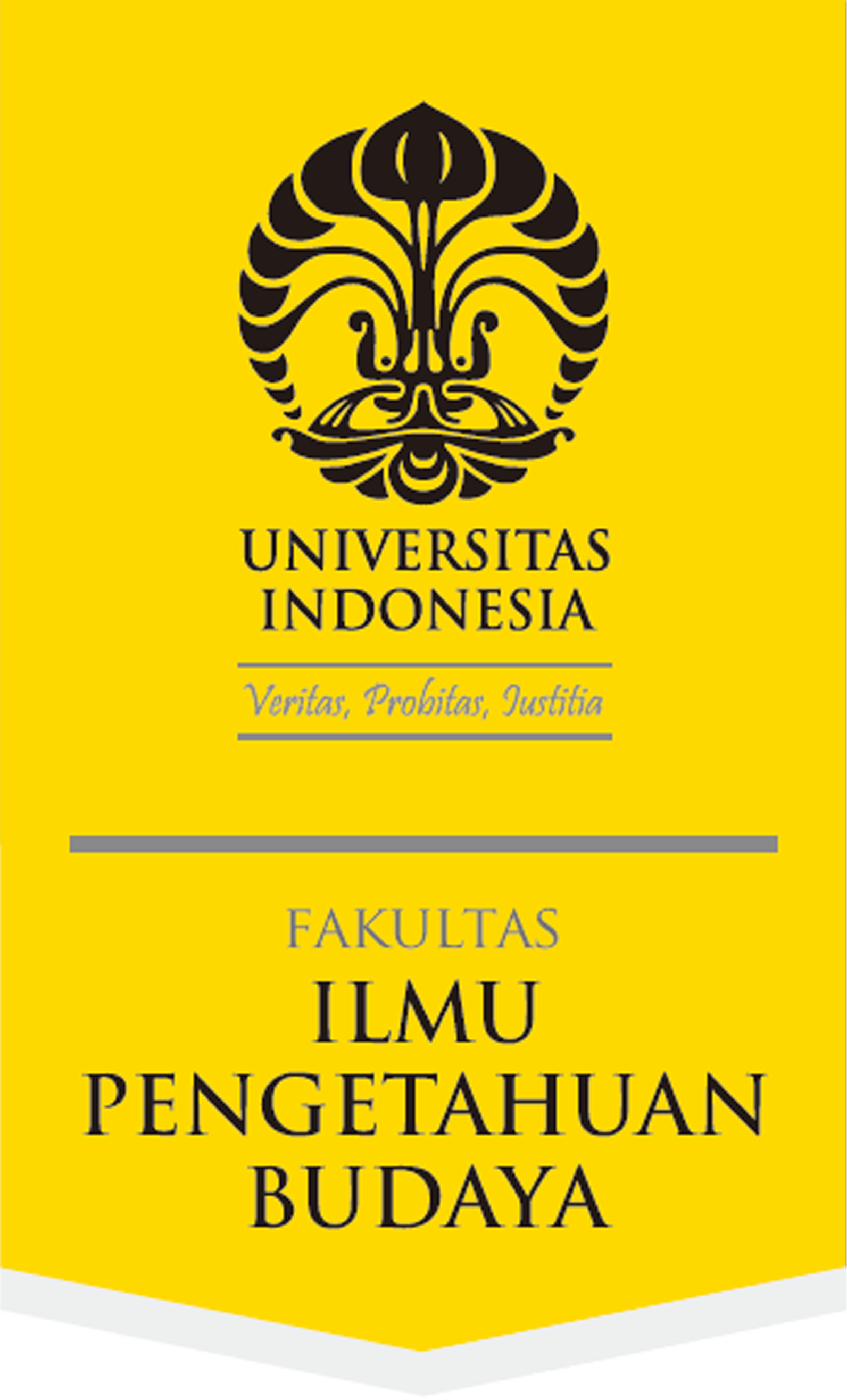Abstract
United States' foreign policy has been extremely influenced by some determinant factors both personal and institutional. However, by the end of World War II, an institution known as interest group, played important role relatively to the determination of United States' foreign policies, particularly those which were related to Middle East conflict. A Jewish lobby known as AIPAC (American Israeli Public Affairs Committee) has been the most powerful interest group to influence the United States' foreign policy especially after President Truman's administration. This article describes the internal development of AIPAC and some AIPAC's actions in order to get public supports to influence the decision makers.
References
Barberis, Marry A. (1976), “The Arab-Israeli Battle on Capitol Hill”. Virginia Quarterly Review.
Dipoyudo, Kirdi. (1981), Timur Tengah, Pusaran Strategis Dunia. Jakarta: Penerbit CSIS.
Katz, Jacob (1973), Sejarah Pertumbuhan dan Perkembangan Zinoisme. Jerusalem: Keter Publishing House.
Lee, Thomas B. (1986), Ideology and Practice: The Evolution of United United States Foreign Policy. Taipei: Tamkang University Press.
Novik, Nimrod (1986), The United States and Israel: Domestic Determinants of A Changing United States Commitment. USA: Westview Press.
Phill, Gailey (1984), “Pro Israel Lobbies Low Key Power”, New York Times, 24 Maret, A-8.
Ray, James Lee (1985), The Future of American-Israeli Relations. Lexington: University Press of Kentucky.
Sowell, Thomas (1989), Mosaik Amerika: Sejarah Etnis Sebuah Bangsa. Jakarta: Pustaka Sinar Harapan.
“What Muffled Critics of United States Mideast Policy” (1984), The Wall Street Journal, 19 Juli.
Recommended Citation
Setiawan, Agus
(2004)
"Perkembangan Lobi Yahudi dan Pengaruhnya terhadap Politik Luar Negeri dan Kongres Amerika Serikat,"
Wacana, Journal of the Humanities of Indonesia: Vol. 6:
No.
2, Article 4.
DOI: 10.17510/wjhi.v6i2.353
Available at:
https://scholarhub.ui.ac.id/wacana/vol6/iss2/4









